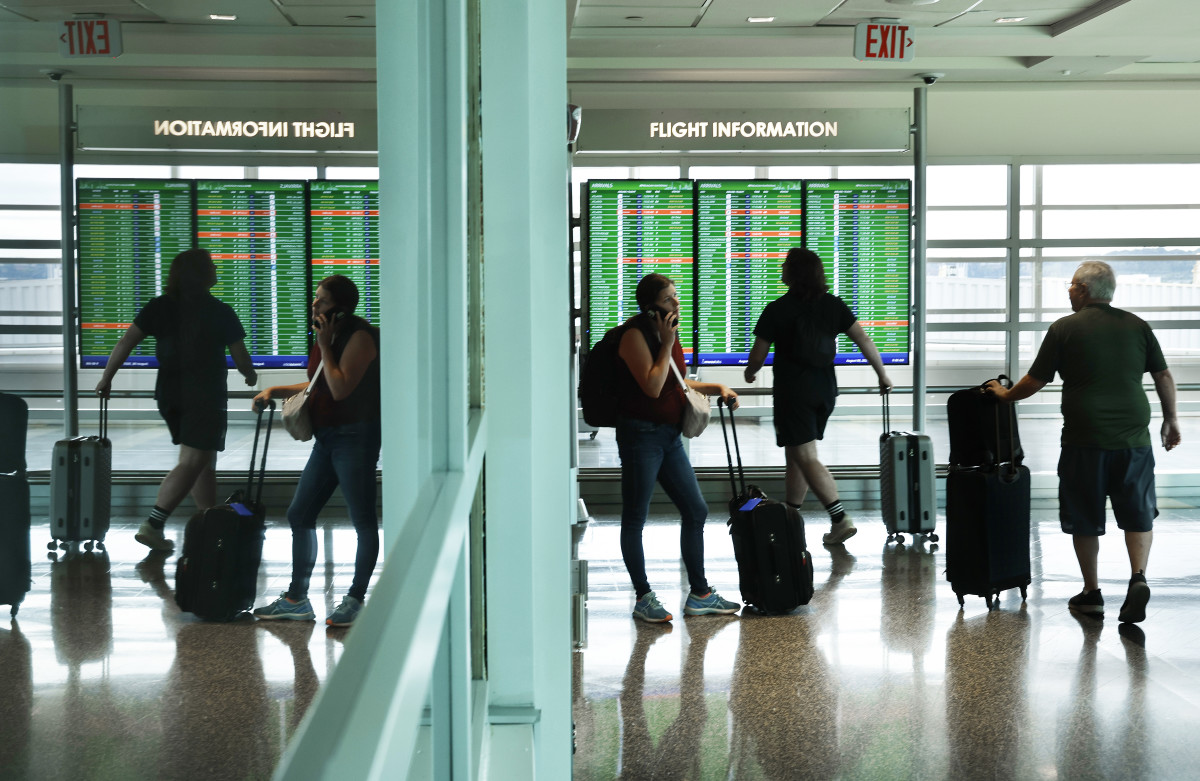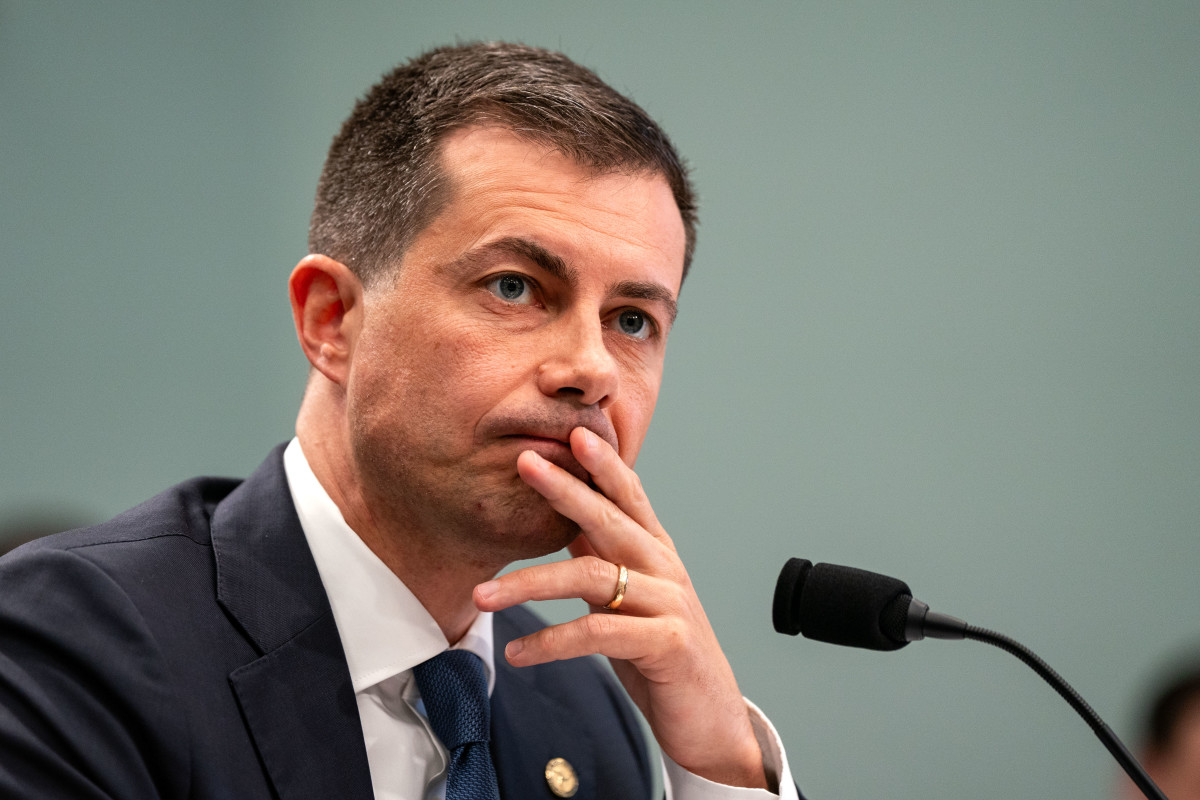
For the purposes of regulation, a flight is considered to have arrived on time if it rolls into the gate within 15 minutes of the time scheduled at departure.
While a 15-minute delay is not necessarily likely to cause significant travel problems, longer delays certainly can. And even for much longer delays, U.S. airlines are not required to compensate passengers for the inconvenience.
💸💰Don't miss the move: Subscribe to TheStreet's free daily newsletter💸💰
It's different in the E.U., where airlines must compensate people for delays of more than two hours by law (the law applies to flights within the E.U. or departing from the E.U., even if the offending airline is based outside the E.U.).
Frontier Airlines fined $650,000 over 'chronically delayed flights'
As part of its latest crackdowns on airlines that fail to prevent significant flight delays, the U.S. Department of Transportation (DoT)'s Aviation Consumer Protection branch announced it has fined Denver-based Frontier Airlines (FRON) $650,000 for three flights that were chronically delayed in 2022 and 2023.
The immediate fine was set at $325,000, while the other $325,000 can be waived if Frontier proves that it has significantly fixed the problem within the next three years. The affected flights include routes between Atlanta and Phoenix and Orlando to Houston.
Related: Buttigieg hits back at Delta Air Lines CEO comments on 'overreach'
"Airlines have a legal obligation to ensure that their flight schedules provide travelers with realistic departure and arrival times," Transportation Secretary Pete Buttigieg said in a statement. "Today's action sends a message to all airlines that the Department is prepared to go to court in order to enforce passenger protections."
Along with Frontier, the DOT has singled out Southwest Airlines (LUV) . The government agency said that two flights between Chicago's Midway International Airport and California's Oakland, as well as another between Baltimore and Cleveland, were delayed more than 180 times between April and August 2022.

Southwest responds to DoT, says it is 'disappointed'
As a result, the DOT filed a lawsuit against Southwest in the U.S. District Court in Oakland with the goal of fining the airline. The DoT said Southwest was the one responsible for 90% of the delays that took place on the aforementioned routes in 2022; it defines a flight as "chronically delayed" if it is flown more than 10 times per month and arrives more than 30 minutes later than the scheduled departure at least half the time.
"When an airline knows that a particular flight is consistently late, it is essential that the airline adjusts its schedule," the lawsuit reads. "But on many occasions, Southwest has chosen not to make such adjustments, and instead has continued to market its flights using unrealistic schedules."
More on travel:
- Government issues new travel advisory on popular beach destination
- This national park sees the most winter dangers
- Another country just issued a new visa requirement for visitors
Southwest responded by saying it is "disappointed that DOT chose to file a lawsuit over two flights that occurred more than two years ago" and that it had operated millions of other flights during the same period with no issues. Frontier did not comment on the fine imposed by the DoT at all.
Southwest was sued while Frontier was fined because Frontier chose to accept the fine without admitting responsibility in order to avoid further litigation. The DoT periodically reviews airlines for how often they have delays; JetBlue Airways (JBLU) was also recently fined $2 million for four "chronically delayed flights" between June 2022 and November 2023.
Related: Veteran fund manager issues dire S&P 500 warning for 2025







